Di Luca reveals details of his doping in hard-hitting autobiography
"I've no regrets at all. I lied. I cheated, I did what had to do to finish first"
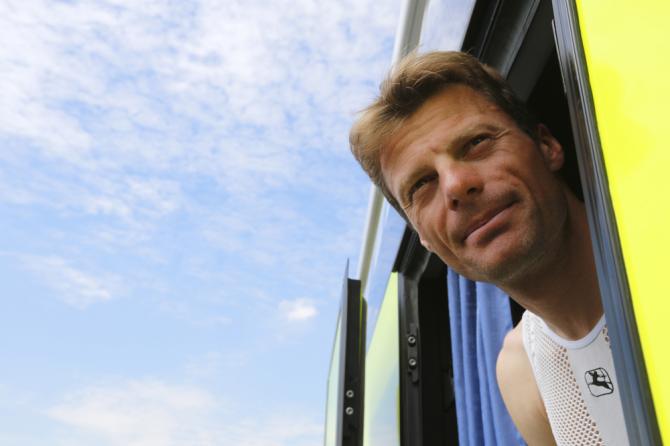
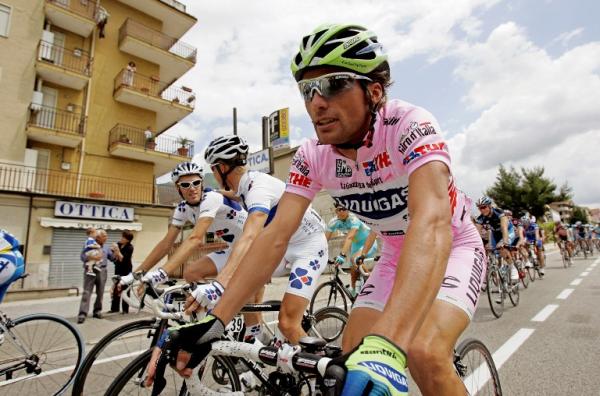
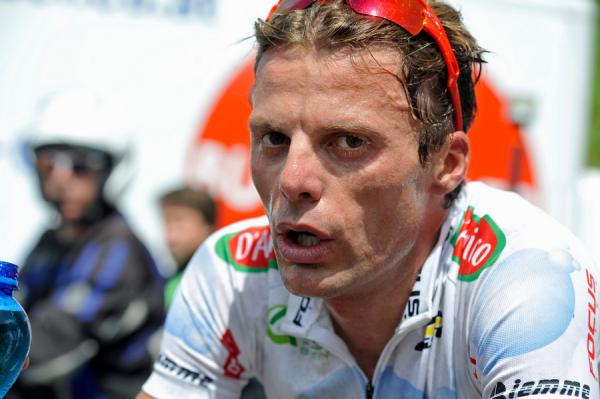
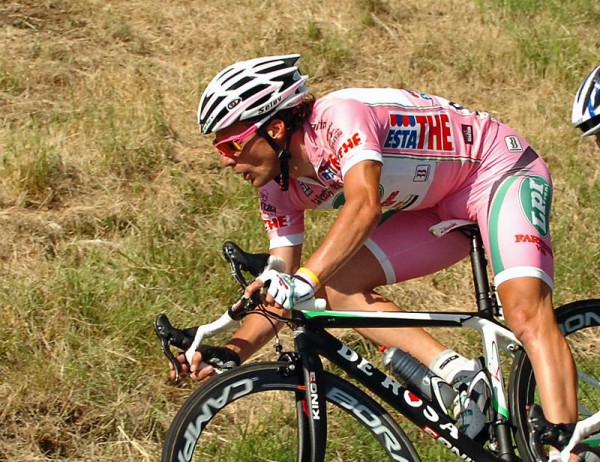
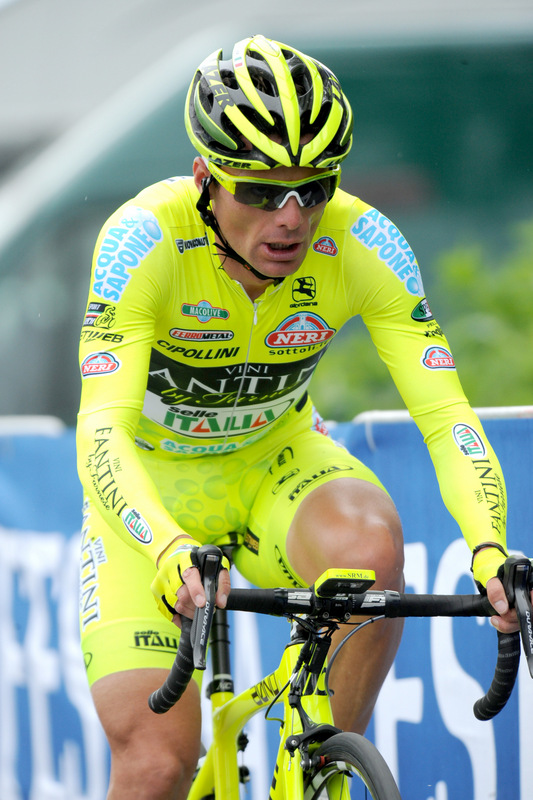
Disgraced Italian rider Danilo Di Luca has written a book about his career and doping, revealing details of the drugs he took and why he took them.
Di Luca was one of the most successful riders of his generation, racing between 1998 and 2013. He won the 2007 Giro d'Italia, beating Andy Schleck and Eddy Mazzoleni, and also won many of the hilly classics, including Liege-Bastogne-Liege in 2007.
He was banned for doping twice during his career – first for his involvement in the Oil for Drugs investigation into his local doctor, and then again for EPO in 2009. Yet his popularity in Italy and his links to the Vini Fantini owners helped him secure a place back in the peloton. Vini Fantini covered his wages and insisted he was given a place in the Vini Fantini-Selle Italia team for the 2013 Giro d'Italia. Despite being 37, he impressed immediately when his ban ended and rode aggressively during the Giro d'Italia, alongside teammate Mauro Santambrogio. Both would test positive for EPO before or during the Giro d'Italia. Di Luca was given a lifetime ban in December 2013.
In an extract from his book – called 'Bestie di Vittoria' – 'Beasts made for victory', written with Alessandra Carati, Di Luca talks openly about the moment he was caught, the wide range of doping products that he used during his career and why he did it. The book is published in Italian and due for release on April 26.
"If I hadn't doped, I would never have won," Di Luca claims in a chapter excerpt released by the book publisher. "Doping improves your performance between 5 and 7 per cent, and maybe 10 to 12 per cent when you are in a peak shape.
"Doping isn't addictive but it's an instrument of power: whoever wins attracts the money; for themselves, the team and the sponsors."
Di Luca claims he started doping in 2001 after being beaten by a rider he used to defeat as an amateur, and says he used, "Testosterone, EPO, cortisone. The doctor cannot get the prescription so you acquire them on your own, from gyms or via the internet. Inside the sport everyone knows," he writes, in an extract published by Italian website Tuttobiciweb.
The latest race content, interviews, features, reviews and expert buying guides, direct to your inbox!
"It's part of the job. If you get caught, then you timed it wrong because everyone knows how many hours must pass before you won't show a positive. "
No regrets
Di Luca admits he simply got it wrong when he was tested for EPO in an out-of-competition test a few days before leaving for the 2013 Giro d'Italia. He reveals he injected himself with a micro-dose of the latest generation of EPO before going to bed but then was awoken by anti-doping inspectors at 7:30 the next morning. He made sure he urinated before giving the test to pass any traces of the EPO but was caught by a new, refined test that can detect EPO for 24 hours, rather the 6-8 hours most riders believed.
The opening chapter of Di Luca's book also includes a reflection from two days after he was caught.
"Two days ago I was about to ride the final three stages of the Giro d'Italia, then I was told about my positive test. I don't need to wait for the official sentence, I know that my career is over," he writes.
"I've no regrets. I lived my trade just as all the most aggressive riders do. Cycling is no longer the sport that I once loved.
"I'm tired of the loneliness of the lies and of the hiding, of not riding my bike. The bike has given me everything in life, it's the only thing that has ever given me everything.
"I was reserved the honour of being the first to be caught that way. Now the word will go around and the others will change the way they do things. People have said that if I'd had the right doctor then I would not have been caught, that if I'd had the right team, that I would have been protected."
"I've no regrets at all. I lied. I cheated; I did what had to do to finish first. But that's not the point, the point is that I didn't dilute my system in time…"

Stephen is one of the most experienced member of the Cyclingnews team, having reported on professional cycling since 1994. He has been Head of News at Cyclingnews since 2022, before which he held the position of European editor since 2012 and previously worked for Reuters, Shift Active Media, and CyclingWeekly, among other publications.